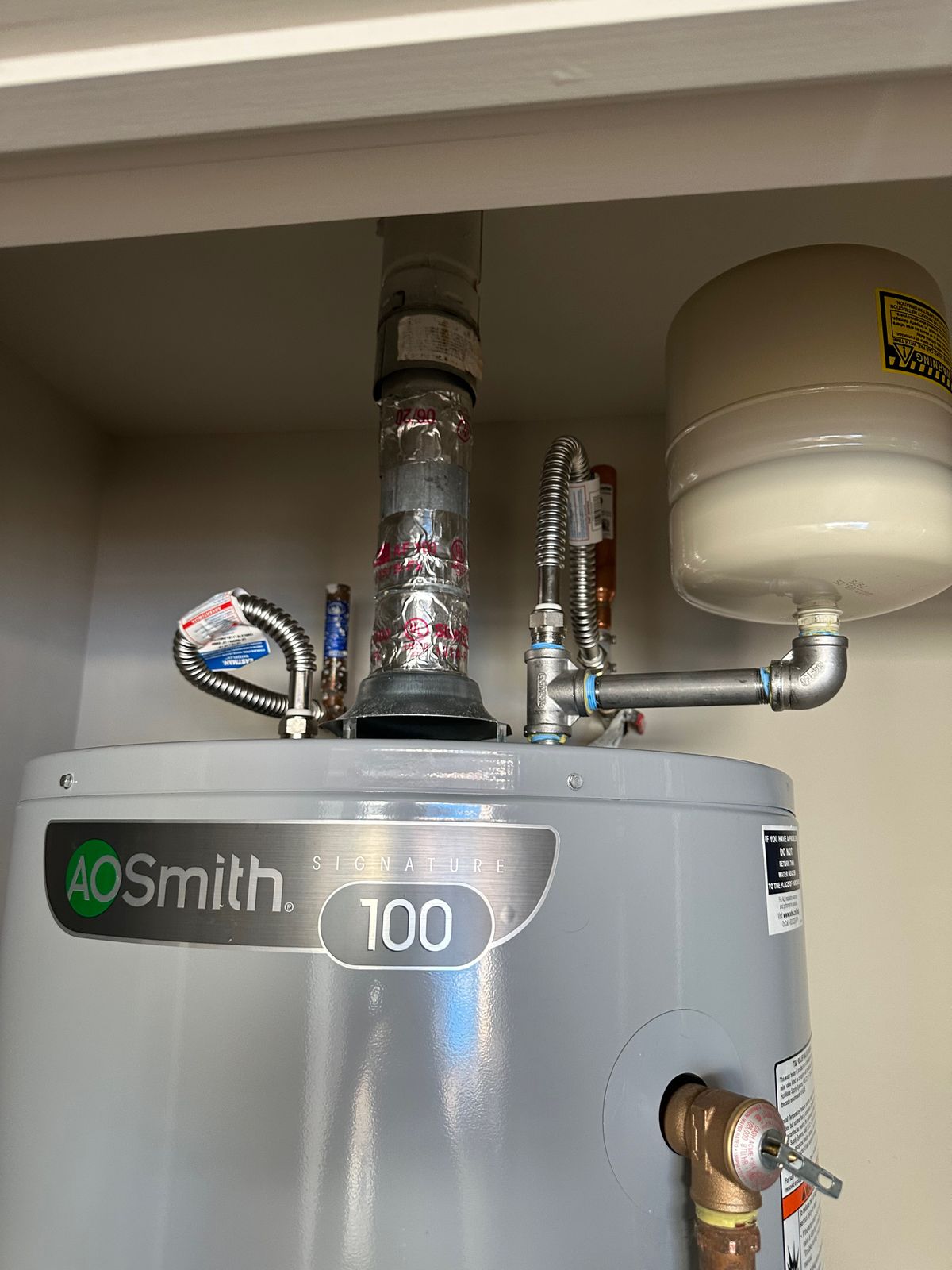Water heaters play a vital role in our daily lives, providing us with the comfort of hot water for various household activities. However, like any other appliance, water heaters require regular maintenance to ensure optimal performance and longevity. One essential maintenance task that often goes overlooked is the water heater flush. In this article, we'll delve into the importance of water heater flushes and why you should prioritize this simple yet effective maintenance routine.
Preventing Sediment Buildup: Over time, water heaters accumulate sediment, which consists of minerals, debris, and other impurities present in the water supply. This sediment settles at the bottom of the tank, creating a thick layer that acts as an insulator. This insulation hinders the efficient transfer of heat, forcing the water heater to work harder and consume more energy. Regular flushes help remove this sediment, allowing the heating element to function efficiently.
Improving Energy Efficiency: Sediment buildup not only hampers the heating process but also forces the water heater to use more energy to maintain the desired temperature. By flushing the tank, you remove the sediment, allowing the heating element to operate at its full capacity. This results in improved energy efficiency, leading to lower utility bills and a reduced environmental impact.
Extending the Lifespan of the Water Heater: Sediment accumulation doesn't just affect energy efficiency; it can also contribute to the corrosion of the tank. The presence of sediment creates an environment conducive to rust and corrosion, which can ultimately lead to leaks and a shorter lifespan for the water heater. Regular flushes help prevent corrosion, preserving the structural integrity of the tank and extending the overall lifespan of the appliance.
Ensuring Water Quality: Sediment in the water heater can impact the quality of the hot water that flows into your home. Sediment particles can find their way into faucets and showerheads, causing clogs and affecting water quality. Flushing the water heater removes these impurities, ensuring that the hot water you use is clean and free from contaminants.
Maintaining Consistent Water Temperature: Sediment buildup not only affects the efficiency of the heating element but can also result in uneven water heating. You may notice fluctuations in water temperature, making it challenging to enjoy a comfortable shower or perform routine household tasks. Regular flushes help maintain a consistent water temperature, providing a reliable supply of hot water when you need it.
Conclusion:
Incorporating water heater flushes into your regular maintenance routine is a simple yet effective way to ensure the optimal performance and longevity of this essential appliance. By preventing sediment buildup, improving energy efficiency, extending the lifespan of the water heater, ensuring water quality, and maintaining consistent water temperature, you not only save money on utility bills but also contribute to a more sustainable and eco-friendly lifestyle. Make water heater flushes a priority, and enjoy the benefits of a well-maintained and efficient hot water system in your home.

